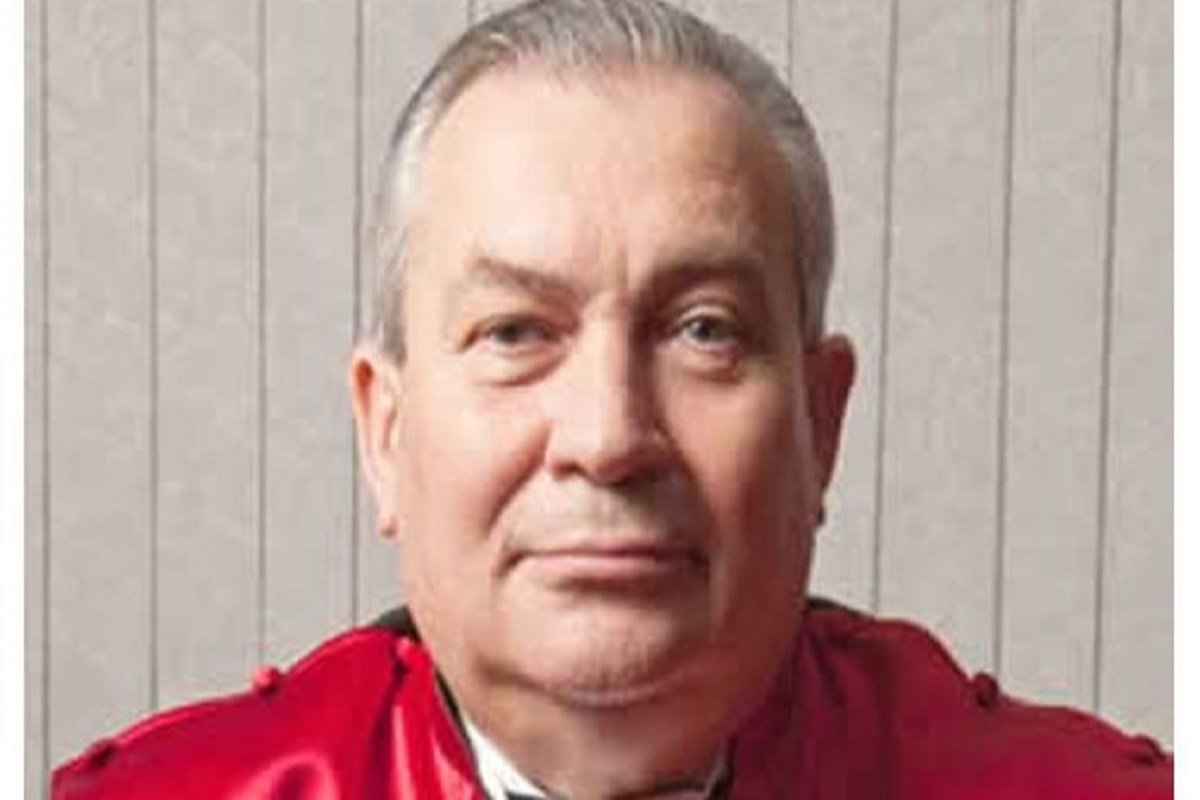
The demand to release a top United Nations (UN) court judge is “void,” Turkish authorities said in a letter addressed to the UN Security Council. Turkish authorities said the International Criminal Court’s (ICC) request for the release of Aydın Sefa Akay, a top judge at the UN’s Mechanism for International Criminal Tribunals (MICT), surpasses its limits of authority “by interfering into the independent judiciary of Turkey.”
An international court had ruled on March 6 that Turkey is infringing the judicial independence of a UN war crimes tribunal by holding one of its judges in prison despite an order to release him and had referred the matter to the UN Security Council. The UN court had earlier ordered Ankara to release Judge Akay, a Turkish national who was arrested last year on suspicion of involvement in failed coup attempt against Turkey’s government on July 15, 2016.
Akay, a judge on the MICT, had been due to hear a request for the case of a 1994 Rwandan genocide convict to be reopened. On Jan. 31, MICT ordered Turkey to release him by Feb. 14 and halt legal proceedings against Akay who is among tens of thousands of people arrested over their alleged links to the faith-based Gülen movement in the aftermath of the failed coup.
In a statement, MICT had said the order to release Akay is legally binding under a UN Security Council resolution requiring states to comply with the mechanism’s orders. Judge Akay, who was arrested in Sept. 2016 for having a smart phone application called ByLock, denied links to the Gülen movement and described himself as a Freemason.
Now, in the letter, Turkey’s permanent representative to the UN, Feridun Sinirlioğlu, said Turkey is a country that values the rule of law and its international commitments, while adding that Akay was arrested over being a suspected member of the ‘Fethullahist Terrorist Organization (FETÖ).’
‘FETÖ’ is a pejorative acronym that Turkey’s political Islamist government has used to designate the Gülen movement as a terrorist organization. Whereas, Gülen and his sympathizers have been a vocal critic of Turkey’s autocratic President Recep Tayyip Erdogan on corruption and aiding and abetting armed Jihadists in Syria.
Gülen, dubbed as one of “The World’s Top 20 Public Intellectuals” in a list put together by the magazines Foreign Policy and Prospect in 2008. The Gülen movement focuses on science education, community involvement, interfaith and intercultural dialogue. Under the direct influence and directives of Erdoğan, Turkish government has launched a witch hunt campaign to root out alleged supporters of Gülen movement in Turkey and abroad.
Saying that the charges against Akay are not related to his duty in the ICC, Sinirlioğlu noted that his activities outside of that duty cannot be handled in the framework of immunity, thus Akay can be tried in Turkey over “the crimes he committed in the country.”
Sinirlioğlu added that Turkey will not fulfill the demands of a mechanism that “abuses its authorities” and that the ICC “intervened into Turkish law openly and worryingly.”
Akay in his testimony denied any connection to the movement, saying he downloaded ByLock from the Google Play Store to communicate with fellow Masons. Turkish prosecutors claim ByLock is the top communication tool among the followers of the Gülen movement.
Judge Akay has also denied any links to the Gülen movement during a hearing at the Ankara 16th High Criminal Court on March 15. “Using ByLock does not make him a Gülenist,” said Akay and added in his testimony that he used ByLock along with other instant messaging programs. “Not everyone who uses this application is a Gülenist. I downloaded ByLock, but without a special code. If only 1 percent of the people who used this program are not Gülenists, then I am one of them.” The court ruled for the continuation of Akay’s detention and set the next hearing for April 13.
Akay is a member of a panel of judges that is reviewing the case of a former Rwandan government minister who was convicted of involvement in his country’s 1994 genocide.
Turkey experienced a military coup attempt on July 15, 2016 that killed over 240 people. Immediately after the putsch, the Justice and Development Party (AKP) government along with Turkey’s autocratic President Recep Tayyip Erdoğan pinned the blame on the Gülen movement despite the lack of any evidence to that effect.
Although the Gülen movement strongly denies having any role in the putsch, the government accuses it of having masterminded the foiled coup. Fethullah Gülen, who inspired the movement, called for an international investigation into the coup attempt, but President Erdoğan — calling the coup attempt “a gift from God” — and the government initiated a widespread purge aimed at cleansing sympathizers of the movement from within state institutions, dehumanizing its popular figures and putting them in custody.
In the currently ongoing post-coup purge, over 135,000 people, including thousands within the military, have been purged due to their real or alleged connection to the Gülen movement, according to a statement by the labor minister on Jan. 10. As of March 21, 94,982 people were being held without charge, with an additional 47,128 in pre-trial detention according to turkeypurge.com figures.
A total of 7,316 academics were dismissed, and 4,070 judges and prosecutors were purged over alleged coup involvement or terrorist links.
March 21, 2017














